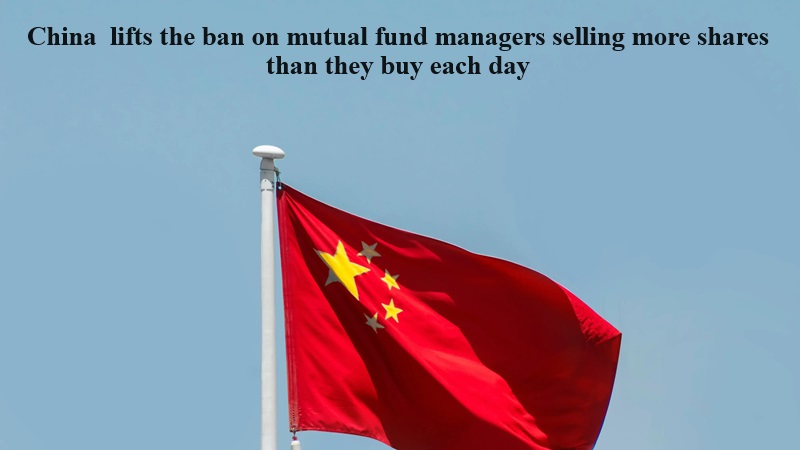
In an effort to revitalize a struggling stock market, China’s securities regulator, the China Securities Regulatory Commission (CSRC), has lifted the ban on mutual fund managers selling more shares than they buy each day. The restriction, imposed late last year, aimed to prevent major mutual fund companies from engaging in net-selling, aligning with top leadership calls to stabilize the market.
While the CSRC has not officially commented on the policy shift, sources in correspondence with Reuters suggest that growing redemption pressures on funds may have influenced the decision. According to one source quoted by Reuters, “If you cannot net sell stocks, you don’t have the money to repay redeeming investors.”
This change in policy marks a departure from the earlier approach that prohibited net-selling of stocks, introducing a more flexible stance to address the challenges facing the stock market. Reuters reports that unofficial, verbal guidance from regulators, commonly known as “window guidance,” has diminished in recent days.
The adjustment comes amid China’s CSI300 Index experiencing an 11 percent decline in the previous year, positioning it among the world’s worst-performing markets. The market faced challenges from a sluggish post-COVID economic recovery, a deepening property crisis, and escalating geopolitical tensions. Despite various government support measures implemented in 2023, including a reduction in stamp duty on trading and restrictions on share sales, China’s blue-chip index, CSI300, remained disappointing.
In the latest market-supportive measure, the CSRC informally encouraged major mutual fund managers to prioritize the launch of equity-based funds over funds based on other securities, aiming to inject vitality into the market and boost investor confidence. However, the market response has been tepid, with the CSI300 index hitting its lowest level in nearly five years on Monday. Traders attribute this decline to a lack of confidence in the domestic economy’s strength and increasing tensions with the US and its allies.

Post Your Comments